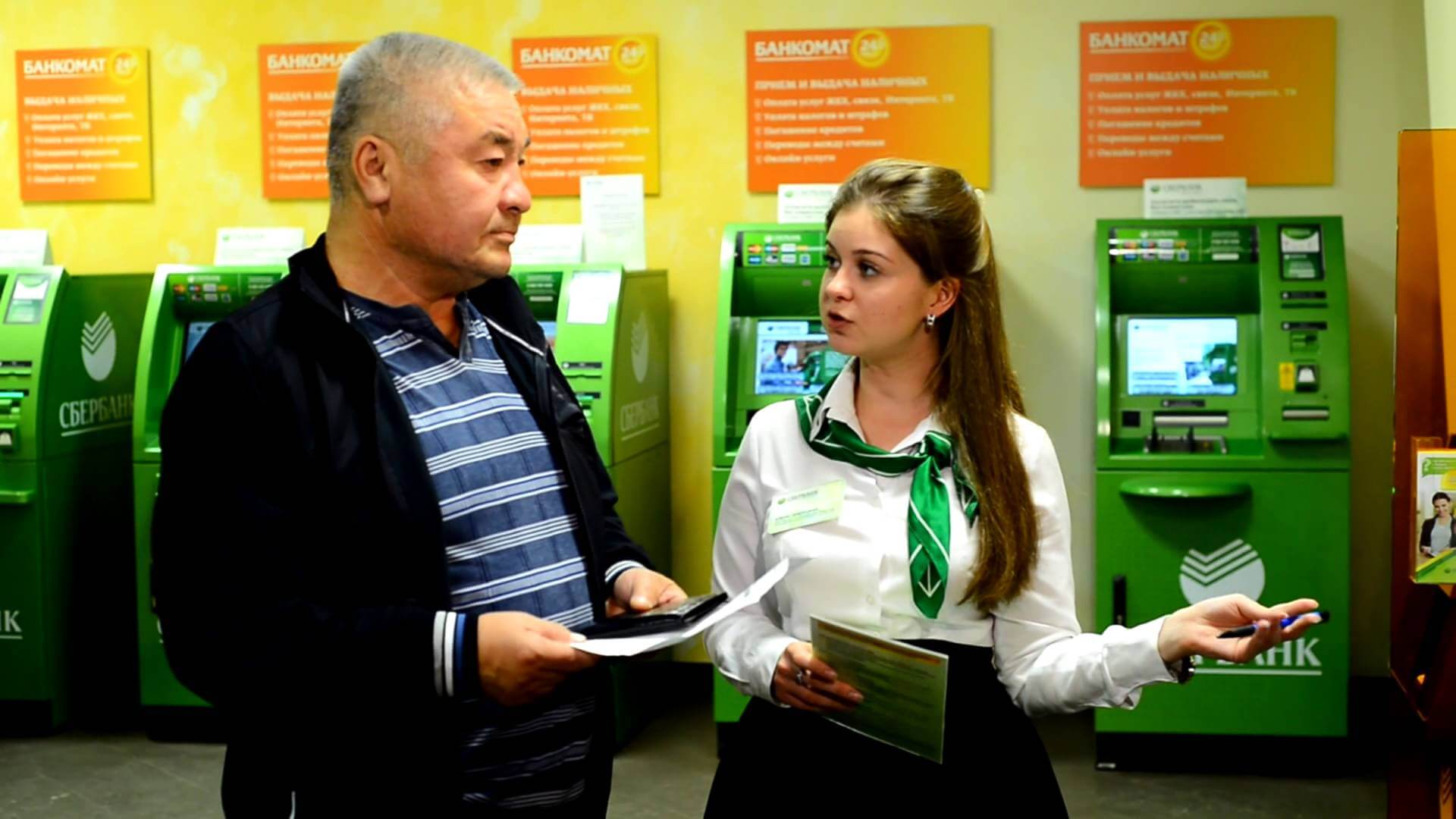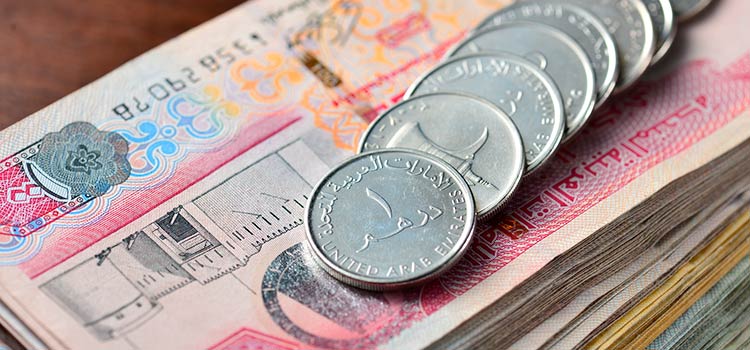Currency operations of commercial banks and their role in economic development
 In the conditions of transition of the economy to market relations and the development of the banking system, the development and improvement of currency operations of commercial banks is of particular importance.
In the conditions of transition of the economy to market relations and the development of the banking system, the development and improvement of currency operations of commercial banks is of particular importance.
It should be noted that in the world economy there is a constant overflow of money capital, where the core of financial flows is the sphere of material production and the direction of these flows is primarily affected by the state of the economy, mutual liberalization of trade between countries, etc.
The development of international monetary relations is determined by the growth of the country’s productive forces, the creation of a global capital market, goods and services, the deepening of the international division of labor, the formation of the world economic system, the internationalization and globalization of economic ties.
International monetary relations mediate international economic relations (IER), which are related to the sphere of material production, i.e. to the primary production relations, and to the sphere of distribution, exchange, consumption. There is a direct and inverse relationship between currency relations and reproduction. At the same time, currency relations develop between countries, legal entities and individuals. In this regard, the theme of final work is relevant.
Based on the relevance of the topic, the purpose of this qualifying work is to analyze the implementation of foreign exchange operations by a modern commercial bank and, based on the revealed regularities, suggest a set of measures to improve foreign exchange operations.
In the conditions of liberalization of the foreign exchange market, commercial banks have great potential for developing activities in the direction of conducting foreign exchange operations both within the country and abroad.
In our work, we set a goal to divide the analyzed operations into components, to determine the objective and subjective factors that influenced the change in banks’ profitability. In conclusion, an attempt was made to establish the main exit directions in order to achieve optimal profitability of banks from carrying out foreign exchange operations.
To achieve the above goal, we will solve the following tasks: comprehensively study the theoretical aspects of foreign exchange operations by a commercial bank at the present stage; systematize the modern methodology, evaluating the effectiveness of foreign exchange operations; conduct a general analysis of the structure of foreign exchange operations of a commercial bank and a factor analysis of interest income from conducting foreign exchange operations; to analyze non-interest income and interest expenses from currency operations; make an analysis of non-interest expenses from conducting foreign exchange operations and analyzing the effectiveness of conducting foreign exchange operations, as a result of the prudent management of a commercial bank; offer a set of measures to improve existing and introduce new foreign exchange transactions.
At the stage of the internationalization of economic life, the formation and management of monetary policy by commercial banks is based on the concept of economic globalization, manifested in the strengthening of interconnections and interdependencies between national economies. The model of influence of factors of financial globalization on the activities of commercial banks in the foreign exchange market is based on an analysis of the impact of globalization of the economy on the activities of commercial banks, takes into account the key factors of financial globalization, contains the priorities of a commercial bank and the expected result when determining the further formation of a monetary policy of a commercial bank.
It should be noted that at the present stage it is necessary to define the Concepts of forming the monetary policy of Kyrgyz commercial banks as a tool to achieve certain priorities of the state monetary policy in accordance with the interests of banks and increase the scale and pace of capital movements caused by the globalization of the economy and liberalization of the foreign exchange market in a single information currency space.
The concept of currency relations and currency transactions
The development of international monetary relations is due to the growth of the productive forces, the creation of a world market, the deepening of the international division of labor, the formation of the world economic system, internationalization and the globalization of economic ties. International monetary relations mediate international economic relations (IER), which are related to the sphere of material production, i.e. to the primary production relations, and to the sphere of distribution, exchange, consumption. There is a direct and inverse relationship between currency relations and reproduction. Thus, international currency relations are a set of relations between countries, legal entities and individuals, which are formed during the functioning of a currency in the world economy and serve the mutual exchange of the results of the activities of national economies.



